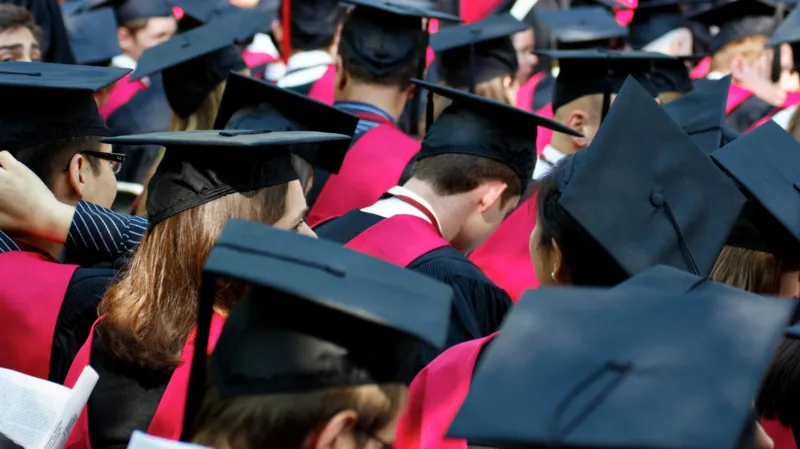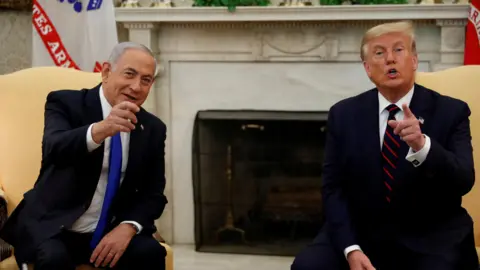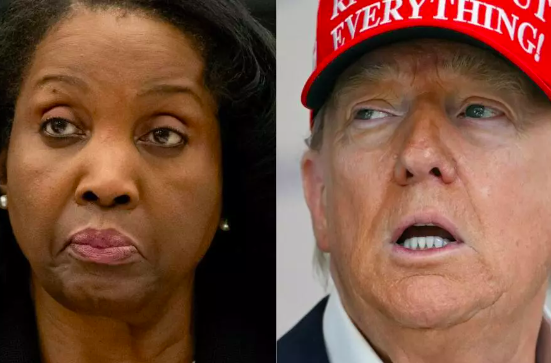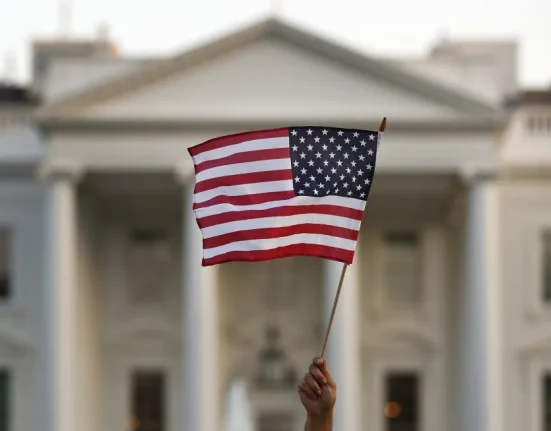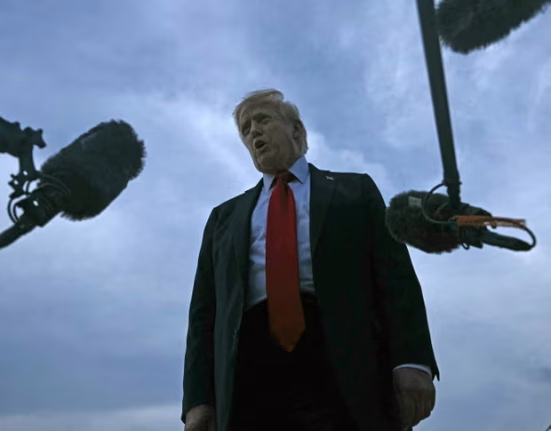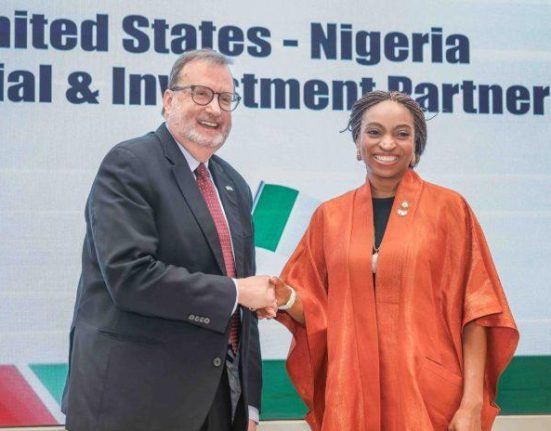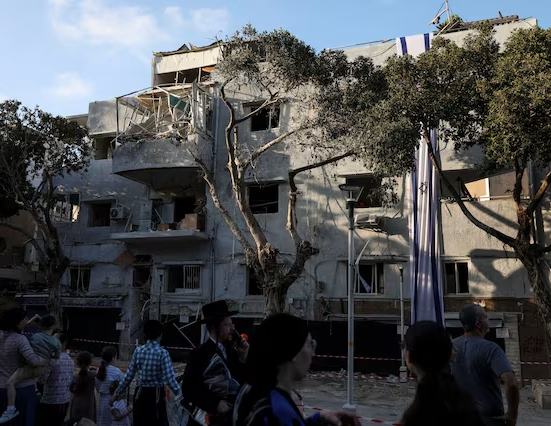The United States government has officially resumed processing of student and exchange visitor visas, but with a newly introduced requirement that is set to affect thousands of international applicants, including many Nigerians, seeking to study or participate in exchange programmes in America. According to an official statement released by the U.S. Department of State on Wednesday, applicants under the F (academic), M (vocational), and J (cultural exchange) visa categories will now be required to make all their social media accounts publicly accessible as part of a broadened vetting process.
This development follows the suspension of student visa processing in May, as ordered by U.S. Secretary of State Marco Rubio. The temporary halt, which affected visa applicants globally, has now been lifted, with the American government emphasizing a renewed focus on national security and comprehensive background checks for all nonimmigrant student and exchange visitors.
In the statement, U.S. authorities noted that under the new guidelines, all applicants are to adjust the privacy settings of their social media profiles to “public,” allowing consular officials to review their online activity as part of a more extensive screening process. The Department of State explained that this step is aimed at identifying individuals who may pose potential security risks, stressing that the safety of American citizens remains a top priority.
“We use all available information in our visa screening and vetting to identify visa applicants who are inadmissible to the United States, including those who pose a threat to U.S. national security. Under new guidance, we will conduct a comprehensive and thorough vetting, including online presence, of all student and exchange visitor applicants in the F, M, and J nonimmigrant classifications,” the statement read in part.
The U.S. government also reiterated that obtaining a visa is a privilege and not an automatic right, warning that decisions on visa issuance are fundamentally tied to national security considerations. As part of the policy change, applicants are urged to regularly check the websites of U.S. embassies and consulates in their respective countries, including the U.S. Embassy in Abuja and the Consulate General in Lagos, for updates on appointment scheduling and further procedural details.
The move is likely to spark mixed reactions from international students and civil liberty advocates, particularly over privacy concerns. However, for many Nigerian students, the resumption of visa processing is a welcome relief, given the large number of applicants who had been left in limbo following the abrupt suspension earlier in the year. Data from the Institute of International Education (IIE) indicates that Nigeria remains one of the top African countries sending students to the U.S., with over 14,000 Nigerians enrolled in American institutions as of the last academic cycle.
As the U.S. reopens its doors to international scholars, students hoping to study in the country are advised to ensure their digital footprints reflect transparency and align with the values expected by the host nation. The new directive marks a significant shift in visa policy, underscoring the evolving role of digital identity in global mobility and national security.

